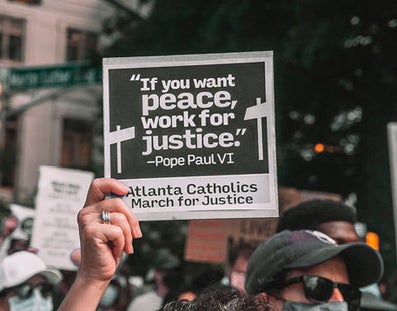Specializations
The Master's programme Theology & Religious Studies: Research offers thematic specializations and specializations in a religious tradition, which are directly linked to research centers that are part of the faculty. It is obligatory to also follow courses in The Netherlands School for Advanced Studies in Theology and Religion (NOSTER).
The Research Master’s programme is a two-year programme (120 EC). It consists of in-depth training in specialized research and allows advanced studies in all major subdomains in theology and religious studies. There are eleven different specializations to choose from.
First year
Regardless of which specialization you choose, the first year starts with a course in Hermeneutics where you will be taught how to understand the other, especially when they believe and practice differently. You will take three courses within your chosen specialization and do a research internship that provides insight into the chosen field of study. Furthermore, you will develop your academic skills in writing an article and in preparing and delivering a conference paper. In addition, you will read two classical works together with students from other specializations.
Second year
In the second year, you will follow two courses in your specialization and one course of your own choice, further deepening and broadening your academic expertise. Furthermore, you will design a proposal for your thesis and a PhD dissertation. The programme ends with the master’s thesis.
This programme is also part of the Faculty of Religion and Theology’s Talent Policy.
The start date of this programme is September 1st. All courses will be given on Tuesdays and Thursdays
Specializations
- Islam and Interfaith Relations
- Buddhist Traditions and Modernities
- Peace, Trauma and Religion
- Philosophy and Religion
- Biblical Studies and Digital Humanities
- New Testament and Early Christianity
- Contextual Bible Interpretation
- Biblical Exegesis
- Bible Translations
- Reformed and Evangelical Theology

